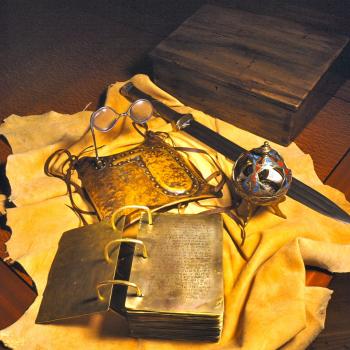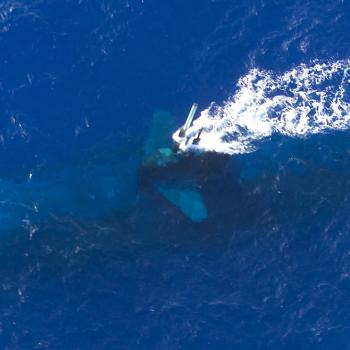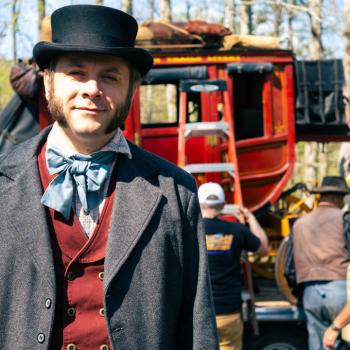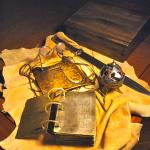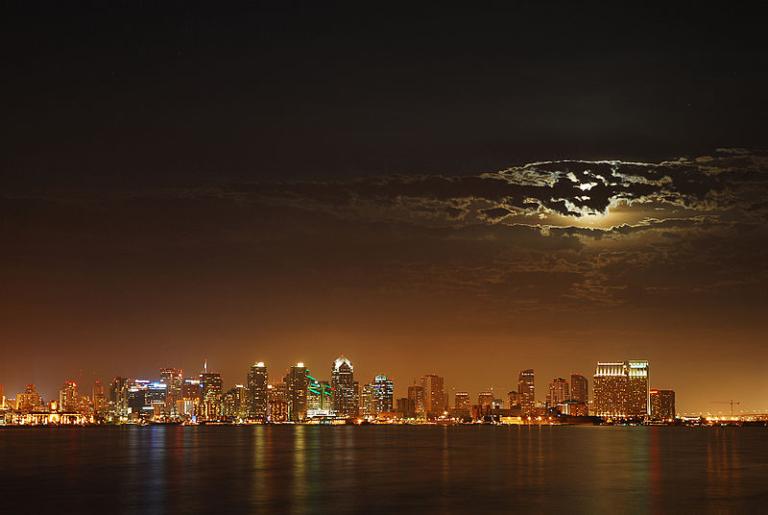
We: Dear Father, whenever the end is scheduled to be, can’t you give us an extension of time?
He: Willingly. But tell me first, what will you do with it?
We: Well . . . ah . . . we will go on doing pretty much what we have been doing; after all, isn’t that why we are asking for an extension?
He: And isn’t that exactly why I want to end it soon—because you show no inclination to change? Why should I reverse the order of nature so that you can go on doing the very things I want to put an end to?
We: But is what we are doing so terribly wrong? The economy seems sound enough. Why shouldn’t we go on doing the things which have made this country great?
He: Haven’t I made it clear enough to you what kind of greatness I expect of my offspring? Forget the statistics; you are capable of better things—your stirring commercials don’t impress me in the least.
We: But why should we repent when all we are doing is what each considers to be for the best good of himself and the nation?
He: Because it is not you but I who decide what that shall be, and I have told you a hundred times what is best for you individually and collectively—and that is repentance, no matter who you are.
We: We find your inference objectionable, Sir—quite unacceptable.
He: I know.
Hugh Nibley, “Beyond Politics,” 279-280
***
Here’s a very simple but virtually unknown little story from Mormon history — that has hundreds if not many thousands of parallels not only among members of the Church of Jesus Christ of Latter-day Saints but also well beyond the boundaries of Mormonism. It’s from a manuscript of mine:
During a morning in the summer of 1858, Jacob Hamblin was pruning a large cottonwood tree near his home in Santa Clara, in southwestern Utah, when he fell twenty or thirty feet to the ground. He was carried unconscious into his house, and did not regain his senses until eight o’clock that evening. “During the time my body lay in this condition,” he later recalled, “it seemed to me that I went up from the earth and looked down upon it, and it appeared like a dark ball.”[1]
[1] See James A. Little, Jacob Hamblin (Salt Lake City: Juvenile Instructor Office, 1881), 57-58.
Posted from San Diego, California




